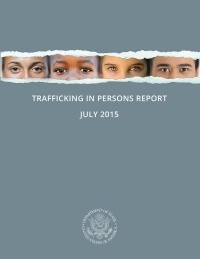Refuge For Women Chicago is a twelve-month holistic journey for women who wish to leave the sex industry. They are opening a home in the Chicago area in 2016. You can support Refuge For Women just by shopping online with Amazon! If you already have an Amazon account simply log in to www.smile.amazon.com and select Refuge For Women as your charity of choice. You use Amazon Smile the same way you use Amazon. It has the same products and pricing as Amazon. You even use the same account, password, and other settings as Amazon.
Anne's House is currently the only home in IL for minor girls who have been trafficked. They provide a safe place where the girls can heal and receive counseling. Shop their website for a variety of handmade soaps. Proceeds directly benefit the girls who live at Anne's House.
Ink 180 transforms the painful reminders of left from a former life in a gang or enslaved by human trafficking into beautiful art. The Ink 180 Documentary follows the life and work of Chris Baker and the former gang members and human trafficking survivors helped by his tattoo ministry. The documentary recently won 2 Emmy awards! You can purchase this award winning documentary
Here
New Moms provides housing for young moms who are experiencing poverty and homelessness in Chicago. Visit their Bright Endeavors social enterprise and shop a from a selection of handmade candles.
STOP IT operates s Drop In center for young women who have been trafficked or are at risk of trafficking. The drop in center provides a safe place where they can rest, find resources, and build community. Shop from STOP IT's online Christmas tree and help their participants celebrate Christmas. Gifts must be chosen by December 4th and dropped off by December 18th
























